Global Impact of Army Operations: How Militaries Shape Our World
Table of Contents
Since ancient times, the armies have shaped nations, inspired global politics, and sealed the fate of whole civilizations. Although their most traditional role was to defend territories and uphold sovereignty, military operations have impacted economic, political, and social landscapes in ways that extend far beyond military considerations. Today, military organizations not only protect the nation but also carry out humanitarian missions, peacekeeping, and technological development. This paper explores the great influence of army operation on our world today, in its historical examples, to even day military dynamics.
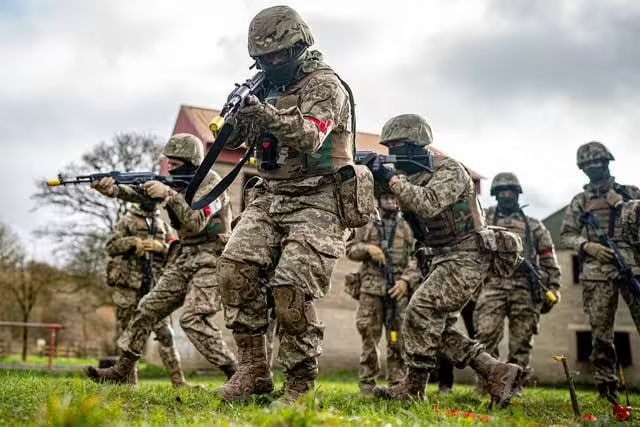
Historical Army Operations
Ancient Armies in Civilizations
The role of the armies defines the course and fate of history as seen in early civilizations where the rise and fall of empires were closely related to their military powers.
The military powers in the Roman Empire
The Roman Empire, one of the greatest powers in ancient civilization, expanded through military conquest. Roman legions were highly disciplined, well-trained, and equipped with advanced technology for that time. Conquest by the Romans spread not only Roman culture and governance but also many sea and land trade routes which aided in creating a connection between separated regions within one empire. The Pax Romana is the term for “Roman Peace” which, therefore, reflected the relatively stable reign enforced by the might of the Roman military.
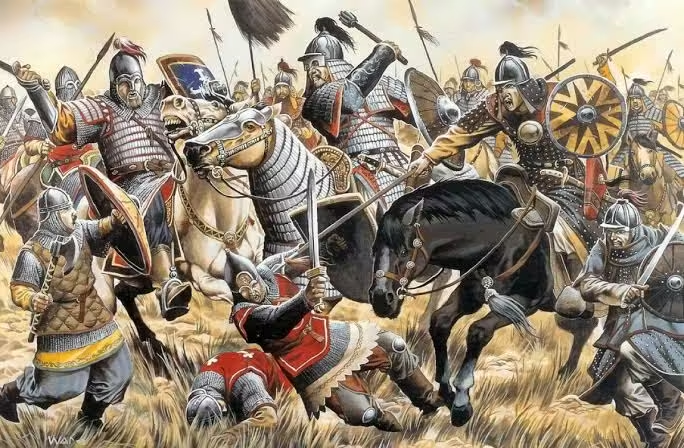
The Mongol Empire and Its Military Conquests
The Mongol Empire, one of the vast contiguous empires in history, has been attributed to its great military tactic and mobility led by Genghis Khan. The Mongol armies have turned nomadic tribes into a great force reshaping the political landscapes of Asia and Europe through their power of speed, psychological warfare, and innovative tactics.
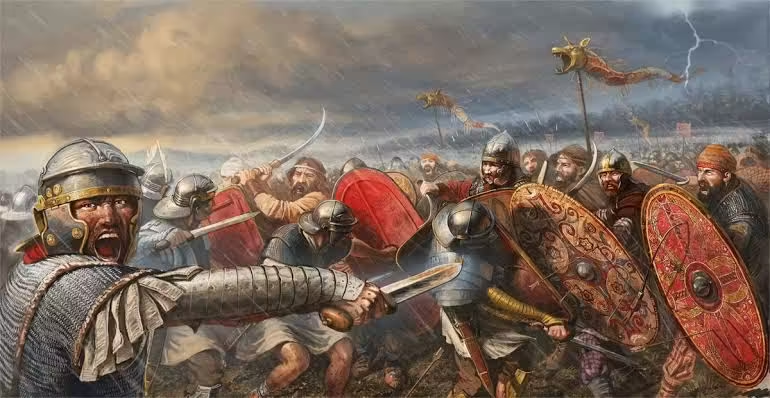
Armies of the Age of Empires
With the rise of the Age of Exploration and the might of European colonialism, military operations became essential in building an empire.
Military Expansion and European Colonialism
European powers-the Spanish, French, and Portuguese-used their armies and navies to conquer many lands in the Americas, Africa, and Asia. The small European nation wielded military might and technology-powerful firearms and naval superiority-that it was able to dominate the inhabited world to create the modern world.
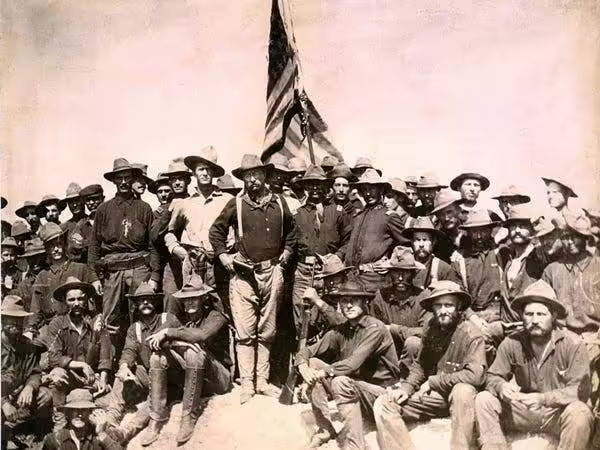
The Military Power of the British Empire
A Successful Empire; British Empire, or more geographically non-restrictive British Empire is the largest empire in the history of mankind. Its military forces, especially the Royal Navy, were fundamental to its domination over most of the earth. The British military protected safe passage through the trade routes, enlarged colonial colonies, and maintained far-off territories, from India to the Caribbean. The armed forces of the empire acted as defenders in foreign wars: that is, both World Wars.
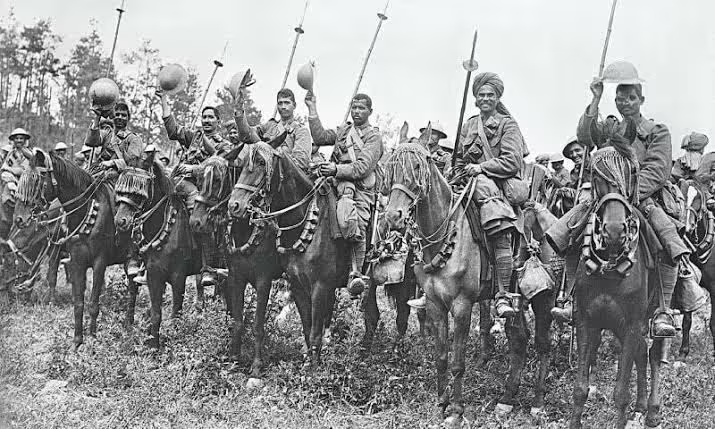
Contemporary Armies’ Role in National Defence
Defense of National Sovereignty
The fundamental mission of modern armies continues to be defence of national sovereignty. Armies do this by deterring foreign aggression and protecting borders from negative international influences. Many countries now view the military as an instrument of stability that maintains territorial integrity and political order.
The Balance of Power and Deterrence
In a global context, armies are important in maintaining the balance of power. Deterrence, in particular during the Cold War, revealed how the power of armed forces, especially nuclear armaments, would prevent major powers from attacking one another directly. The means to project power and the deterrence of mutual assured destruction (MAD) placed the United States and the Soviet Union in an uncomfortable peace for nearly five decades.
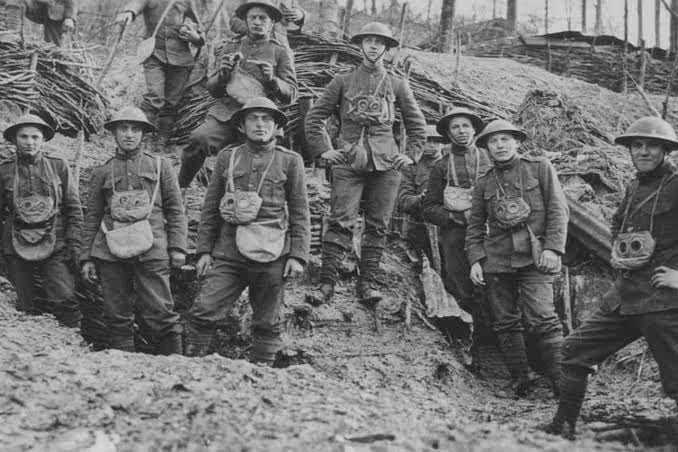
Modern Military Technologies and Their Ramifications
The revolution of warfare nowadays is through the advent of sophisticated military tools, including drones, precision-guided missiles, and cyber. It actually has changed the course of war and armies, as these units now rely on high-tech tool to gather intelligence, carry out pinpoint strikes, and project their presence around the globe with minimal troop deployment.
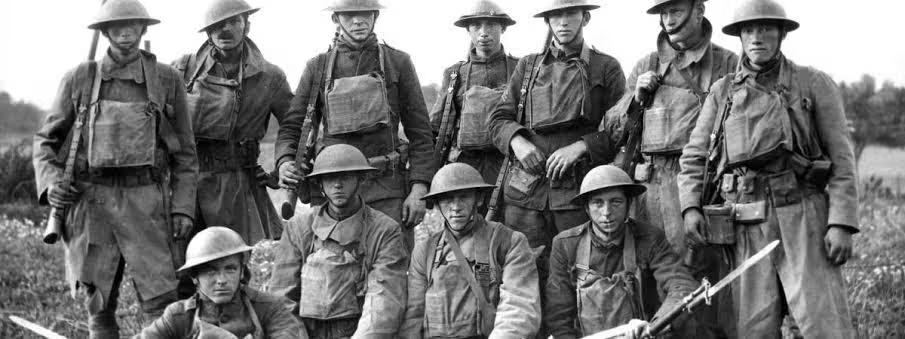
Humanitarian and Peacekeeping Missions
United Nations Peacekeeping Operations
In addition to traditional conflict missions, many modern militaries are engaged in peacekeeping. Intergovernmental forces of United Nations soldiers are utilized throughout the world to preserve or create an atmosphere of peace in affected regions, and also to implement and maintain ceasefires with efforts to rebuild after war. Often, this occurs in Africa and the Middle East, though always in a region which other violence is wished to be avoided so that regions can gain stability after conflict.
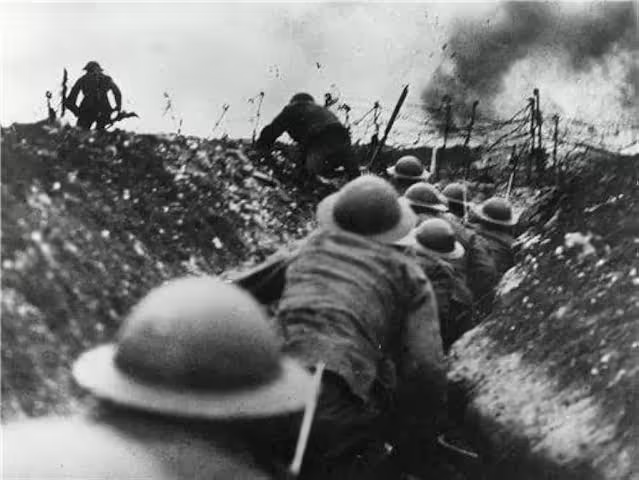
Humanitarian Aid and Disaster Relief
Military operations go beyond combat because militaries are often the first to act in disaster relief during natural calamities. From the big quakes to tsunamis, militaries are typically geared up to roll in and offer logistical support, medical aid, and rescue operations. For instance, after the 2010 earthquake in Haiti, militaries from different countries seized their shares in relief operations, thereby showing their capabilities to save lives during crises.
Civil-Military Cooperation in Conflict Zones
Therefore, armies operating in war-torn areas often team up with civil authorities as well as NGOs for easy and convenient delivery of aid to the victims. Civil-military cooperation is fairly effective in opening safe corridors for relief agencies and paving the way for other things like the supply of much-needed necessities such as food, water, and medicine.
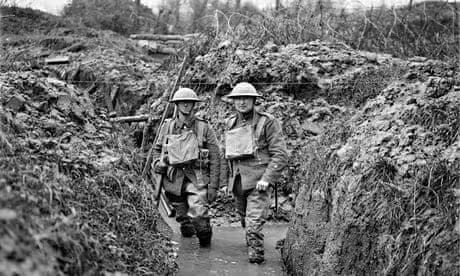
Army Operations and International Relations
Diplomacy Powered by Military Muscle
Under international politics, diplomacy and military power can hardly be separated. Nations often use military power as a bargaining chip in most diplomatic negotiations. The presence of a strong army can determine the course of international affairs between nations since they are more willing to negotiate peacefully if threatened militarily or intervened in the end.
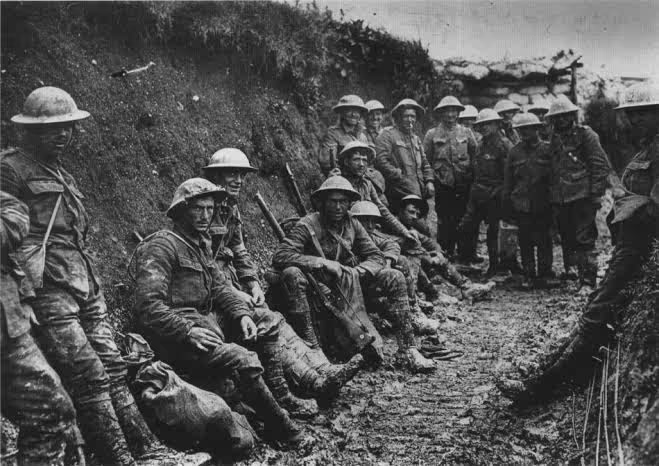
Military Alliances and Global Security
NATO and Its Power in Global Stability
North Atlantic Treaty Organization (NATO) and Warsaw Pact are the most important military alliances which determine global security; they were set up in 1949 to maintain the scope of Soviet expansionism in Europe. NATO has been a collective defense organization with a dictum of “an attack on one is an attack on all,” which has thus deterred everyone from aggressive practices, and all member nations work together on militaries all over the globe.
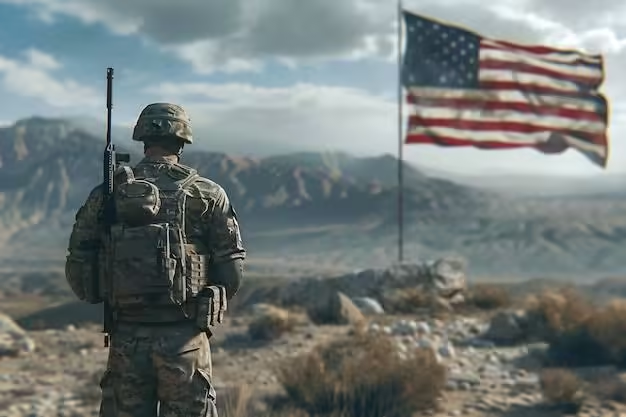
The Warsaw Pact and Cold War Military Tensions
It is during this period that the Warsaw Pact played a part as a counterbalance of the Soviet Union against NATO. Military buildup between NATO and Warsaw Pact, as well as build-up of arms, resulted in an intense world atmosphere marked by proxy wars and military interventions.
Proxy Wars and Military Interventions
Military operations have been often staged through proxy wars, where the larger powers assist the smaller nations or factions so as to alter the outcome without a direct confrontation. The Korean War, Vietnam War, and the Soviet-Afghan War are some of the best examples of how military operations portrayed the struggle for global power during the Cold War.
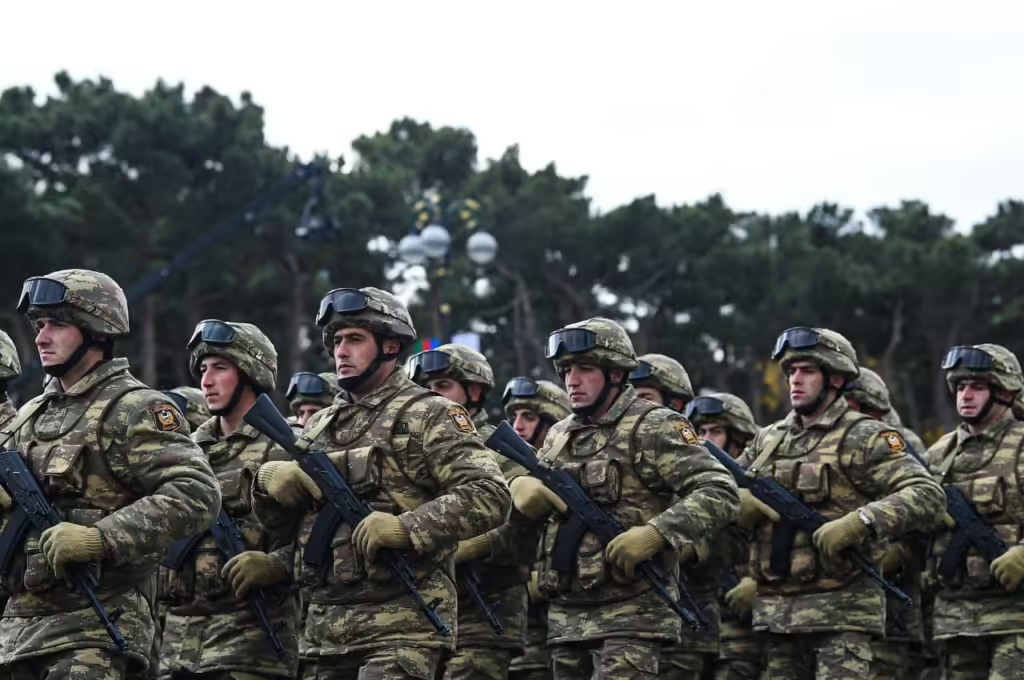
Impact of Military Operations on the Economy
Defense Industry and Economic Growth
Defense represents an enormous economic sector worldwide. It provides enormous sources of national-economic growth for many countries. The investment in weapons, research, and technological capabilities within military expenditures helps to generate innovation and job opportunities. In the United States, defense supports millions of jobs – from manufacturing to cybersecurity.
Economic Price of War: Economic Cost to Nations
But the economic cost of waging wars is enormous. Wars drain national resources, and countries break into debt, induce inflation, and incur cutbacks in public services. Such has been the case with nations locked into long wars, like the United States in Iraq and Afghanistan, whose economies suffered in the long term.
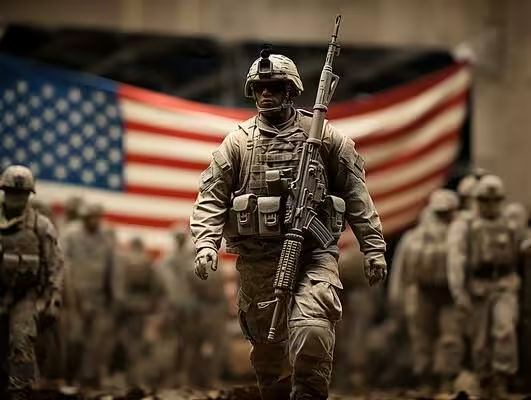
Reconstruction after Conflicts and Recovery in the Economy
In this respect, military operations often leave in its wake the need for post-conflict reconstruction. War devastated countries must rebuild infrastructures, governance, and re-established economies. Here, international undertakings-the frequently-led forces are military-indeed, the Marshall Plan in postwar Europe.
Cultural and Social Impact of Armies
The Soldier as a National Icon
Soldiers are worshipped by many people for their bravery, sacrifice, and patriotism in many nations. National holidays, monuments, and traditional celebration emphasize the military and reinforce its place in the culture of society.
Veterans are often considered in such countries symbols of the protection of freedom and national values.
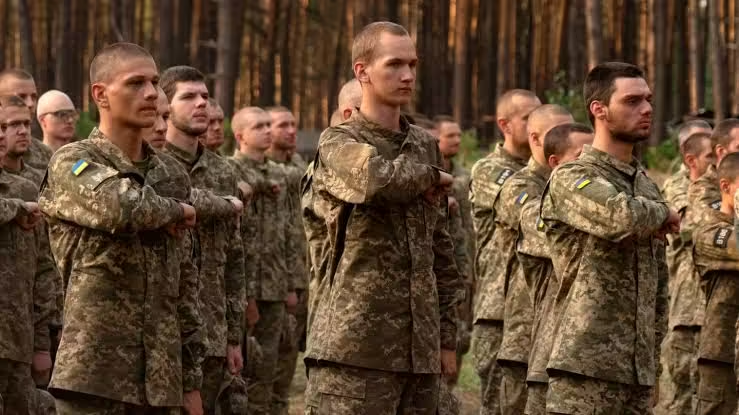
Militarization of Society: The Consequences
However, militarization can be problematic. Societies that are heavily controlled by armed forces will tend to rely on defense over social welfare and might end up with authoritarian regimes or even military coups. For some other countries, military control over politics enable the limiting of democracy and civil liberties.
How Armies Shape National Identity
Armies also shape national identity. Battles from the battles of centuries ago to the operations now in process become parts of national history and, thus, part of the citizen’s mental picture of his country’s strength and role in this world.
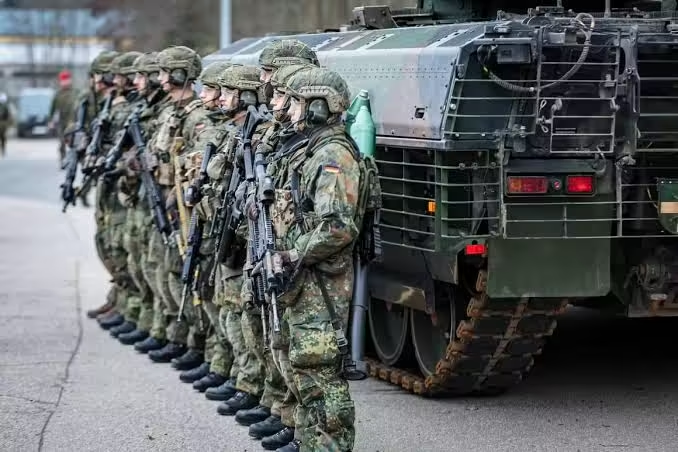
Environmental Impact of Military Operations
The Ecological Footprint of Warfare
Military operations, especially war, have profound impacts on the environment. The activities are linked to deforestation, air pollution, and soil degradation due to the use of heavy machinery, bombings, and chemical arms. For instance, Agent Orange in the Vietnam War has affected the environment and health up to this day.
Environmental Degradation in War Zones
Many environmental damages are obviously observable in war zones. On top of that, destructive infrastructures include destroying water and energy systems that can be downright harmful for the ecological system, which takes many years to remain intact. Reconstruction processes are usually slow, while it takes decades for the ecosystems to recover from the damage caused by military action.
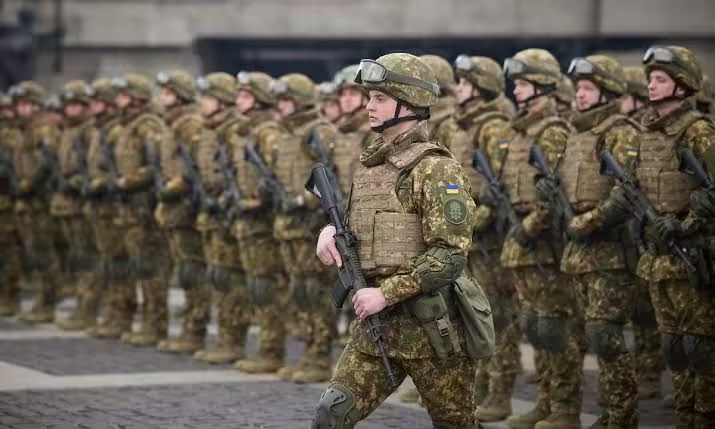
Military Efforts towards Sustainability
Over the past few years, some military groups began noticing the environmental impacts and now are going green. For example, the U.S. Department of Defense implemented initiatives to decrease energy consumption and generate green technology to transform military bases into renewable energy.
Technological Inventions Due to Militaries
Advancements Originating from Military Research
Many of the technologies we enjoy today were developed originally for military purposes. Let’s take the Global Positioning System (GPS), as just one example; advanced medical procedures also come to mind. Military research has spurred technological advances in nearly every area imaginable.
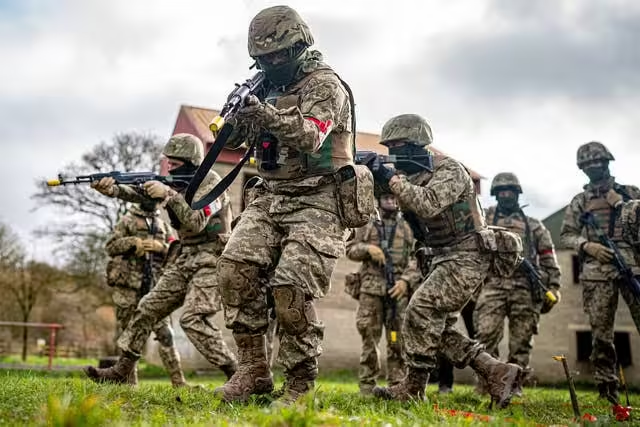
The Internet and Other Civilian Technologies
Probably one of the most influential developments by military research that have penetrated civilian life is the invention of the internet. Beginning as a project by the U.S. Department of Defense during the Cold War, internet innovation has revolutionized communication, commerce, and information-sharing around the world.
The Future of Autonomous and Cyber Warfare
Military technologies considering next fronts, even consider: The Frontiers of Military Technologies now include autonomous systems and cyber warfare. Drones, artificial intelligence and automated weapons are being defined as a new heart in military operations, and cyberattacks emerge as a critical dimension of war with core assaults centered on the critical infrastructure and state security.
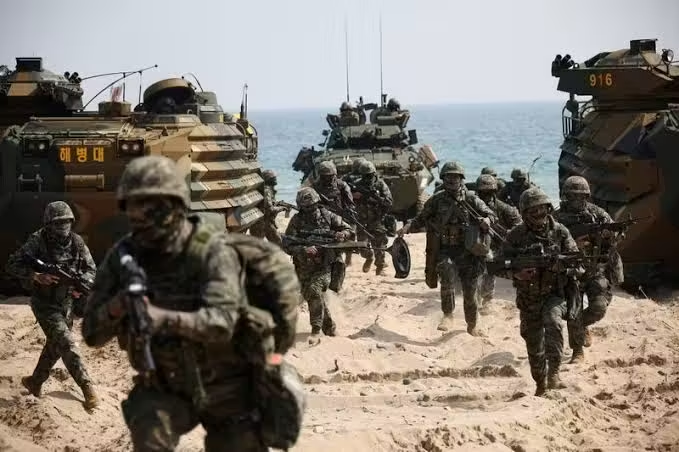
Ethical and Moral Issues in Military Action
Just War Theory and Ethics in War
Just War Theory addresses the ethical issues surrounding military operations. This theory postulates that war should only be waged as a last resort, fought for just causes, with proportionality, and discrimination to avoid damages towards civilians.
Violations of Human Rights Accountability
Alas, human rights violations are often present in military operations, including attacks on civilians, torture, and arbitrary detention. The international community has taken the exciting task of enforcing accountability among persons and states through the International Criminal Court.
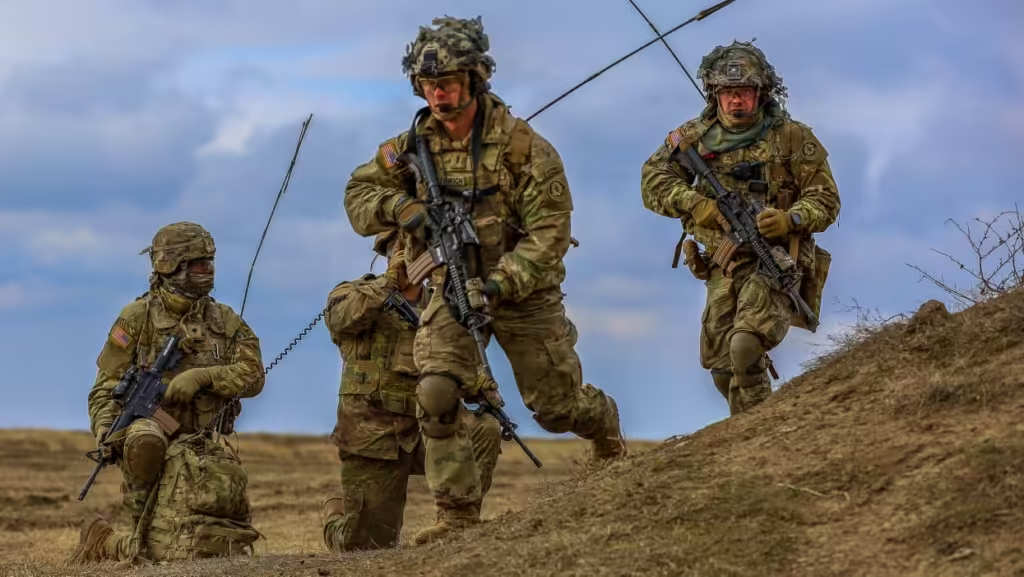
The International Criminal Court
The ICC is specifically tasked to verify war crimes, genocide, and crimes against humanity. It investigates people responsible for grave offenses committed and tries them, providing justice, especially after military abuses have been perpetrated.
Case Studies of Military Influence
U.S. Military and Global Hegemony
The U.S. military is arguably the strongest in the world today, given it has been one of the primary powerhouses in the world and international politics since the end of World War II. Its current campaigns into Iraq and Afghanistan, along with its global presence, have introduced a myriad of geopolitical impacts that continue to further the status of America as a superpower in the world.
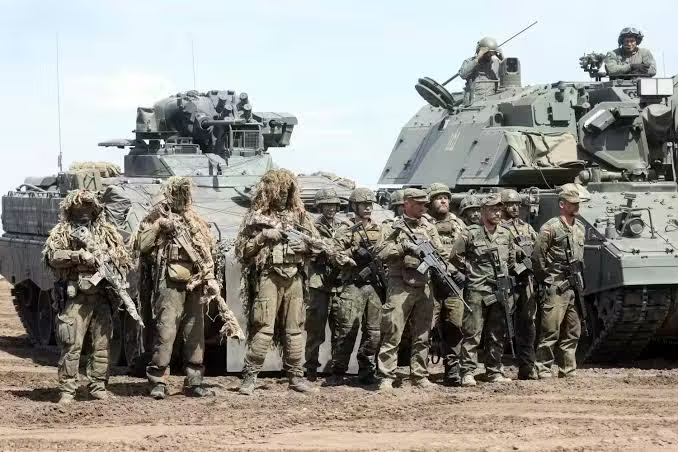
China Military Rise and Geopolitical Ramifications
With China’s rapid military expansion, especially its naval power, it is increasingly changing the global dynamics, especially in the Asia-Pacific region. China’s military operations in the South China Sea as well as its modernization have signaled a new era of global military competition.
Russia’s Military Strategy in the 21st Century
Since the annexation of Crimea, it is very obvious that Russia would utilize military operations to contain its scope and reclaim influence back on the global phase. This has been an active cause for much international concern and sanctions; however, this has also legitimized Russia’s status as a significant player in global military affairs.
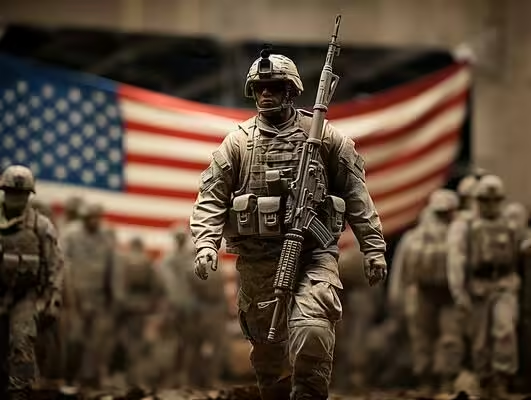
Future Directions in Military Operations
Artificial Intelligence and Warfare
Military operations will soon change dramatically with autonomous systems powered by artificial intelligence. The systems will make their decisions without human intervention during times of battle. AI can also enhance the accuracy level while reducing human casualties and completely overhauling intelligence collection, but it raises different ethical issues of waging war on machines.
Space as the Future Battlefield
To this end, therefore, is how countries are propelling themselves further from Earth into outer space as the new military frontier. The United States, China, and Russia are among countries developing space-based capabilities that include satellite defense systems to space weapons, all of which raises concerns over a potential arms race in space.
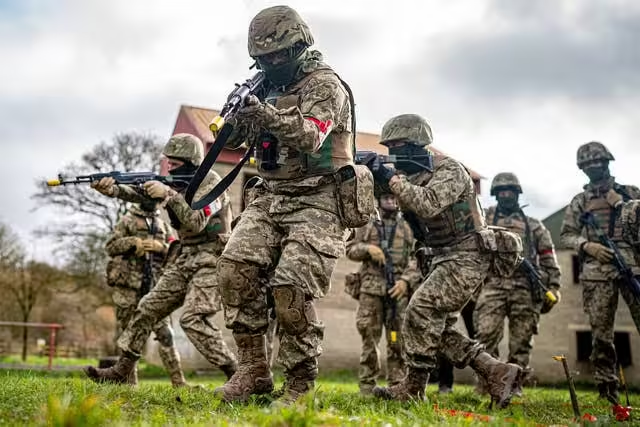
How Hybrid Warfare Is Revolutionizing Conflicts
Hybrid warfare that encompasses force from traditional military to cyberattacks, misinformation, and economic pressure is now the main kind of warfare. Nations continue to find non-traditional solutions for military success without having to engage directly in combat. It complicates international security.
Conclusion
Army operations have very deep and influential impacts on the world, determining not only military outcomes but also economic, political, social, and environmental conditions of human life. The role of the military will therefore keep on evolving since new technologies and missions are being embraced, and armies continue to shape the dynamics of global affairs. Military force may have to be exercised at times to settle disputes over peace and security; however, we must balance the power of the military with diplomacy, ethical conduct, and international cooperation in order to build a more just and stable world.
FAQs
What is the future of armies?
That is why, in the present age, armies throughout the world mostly symbolize tools for protecting national sovereignty and impeding external danger; instead, it aims at achieving domestic stability by safeguarding peace and humanitarian missions.
How do military alliances reflect global politics?
Military alliances, such as NATO, play the crucial role of ensuring security to the world through mutual defense, threats of aggression, and strategies regarding international relations.
What are some examples of military-driven technological advancements?
Examples of military-driven technological developments:
Many of the technologies in use today, from satellites for the Global Positioning System to the internet and advanced medical procedures, were developed with warfare in mind.
What is the impact of war on the world economy?
War causes damage to infrastructure and dissipates human capital. Furthermore, the participating countries face long-term economic burden from their involvement. On the other hand, wars have been a catalyst for innovation, giving birth to defense-related industries.
What is hybrid warfare?
Hybrid warfare can be said to be the ability, whereby traditional use of military tactics and methods blend with non-traditional ones, in this case cyber attacks and disinformation campaigns, as well as other forms of economic pressure, allowing the achievement of strategic objectives without having to resort to direct confrontation.




